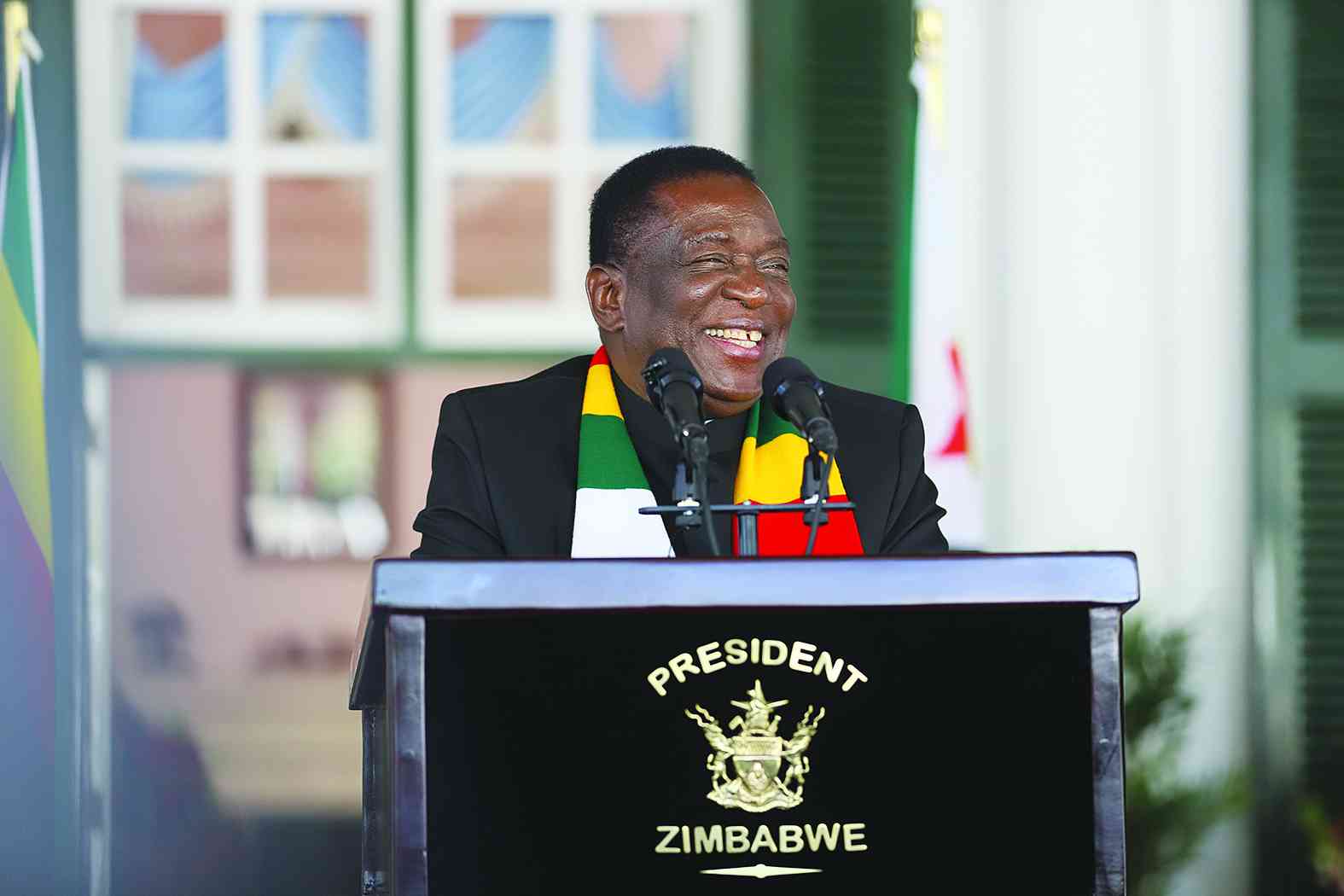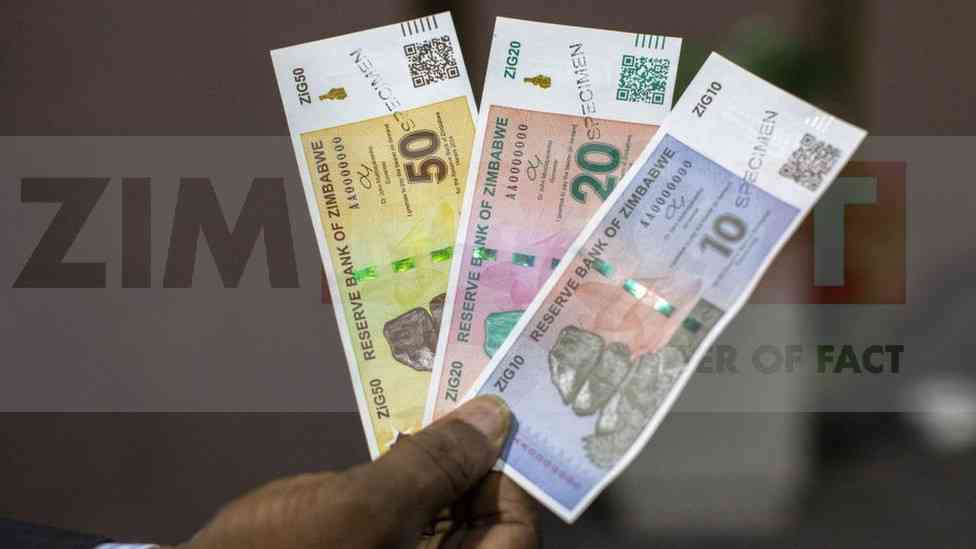LEGAL think-tank, Veritas, says foreign currency has not been legal tender in Zimbabwe since 2019, amid fears its usage could be abruptly ended.
President Emmerson Mnangagwa last year extended the use of foreign currency until December 2030, overriding a previous declaration that its use would end in 2025.
However, in July, Mnangagwa suggested that the Zimbabwe Gold (ZiG) could be the sole currency by 2028, when his presidential term constitutionally
ends.
A new legal interpretation by Veritas has exposed a gap which could be exploited by government in its de-dollarisation thrust.
“The apparently clear legal position has been clouded by amendments to the Exchange Control Act. Although the amendments were made initially by statutory instruments, they were subsequently re-enacted in annual Finance Acts, so we can safely ignore the statutory instruments and consider only the amendments that are set out in the Finance Acts,” Veritas said in an analysis of the existing currency laws.
- Triangle retrenches as economy bites
- Caledonia in US$42 million capex drive for 2025
- Mukuru launches mobile wallet in Zim to bolster financial inclusion
- Economy heads for a bloodbath: Biti
- NBS completes Glaudina housing project ahead of schedule
“The Exchange Control Act was amended in 2019 [by sec 31 of the Finance (No 3) Act 2019] to insert a new section 11 and a schedule which together allow so-called civil penalties in effect fines imposed by the Reserve Bank to be levied on offenders who contravene the
Act.”
Subsection (1) of the new section 11 sets out the scope of the Schedule in the following terms:
“(1) The provisions of the Schedule apply to any infringement of this Act in respect of which it is provided that a civil penalty is payable.”
However, in 2022, section 11 was amended to insert a new subsection (2a).
In its present form it was replaced in 2023 by section 34 of the Finance Act 2023 the new subsection reads as follows:
“(2a) The provisions of the Schedule, in so far as they expressly or implicitly permit the settlement of any transactions or the payment for goods and services in foreign currency, shall, notwithstanding sections 22 and 23 of the Finance (No 2) Act, 2019 (No 7 of 2019), be valid until December 31, 2030.”
ZiG, backed by forex and gold reserves, debuted in April in Zimbabwe's sixth attempt at launching a stable currency.
Monetary authorities say ZiG has been accepted as a stable currency, accounting for 40% of total transactions from 20% in April.Critics say it is too early to make ZiG as the sole currency amid fears that it would suffer the same fate of its predecessors.













